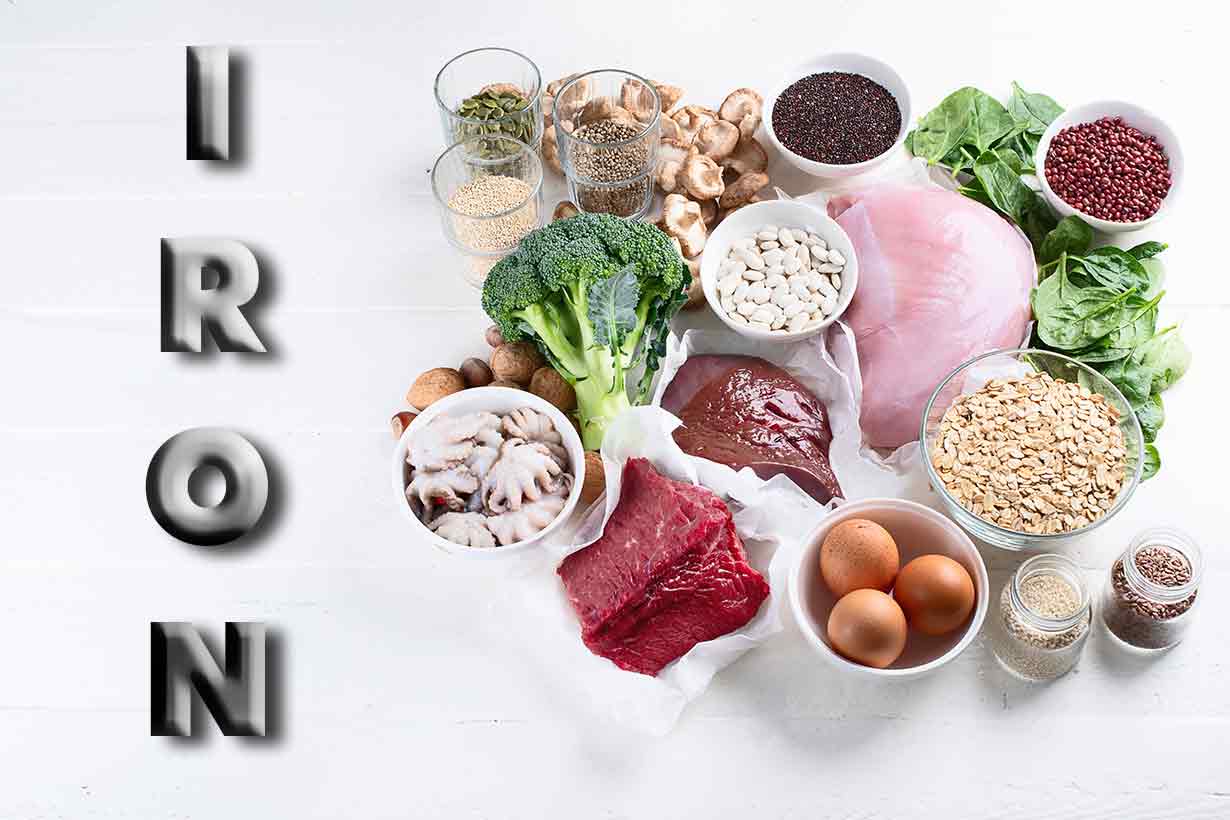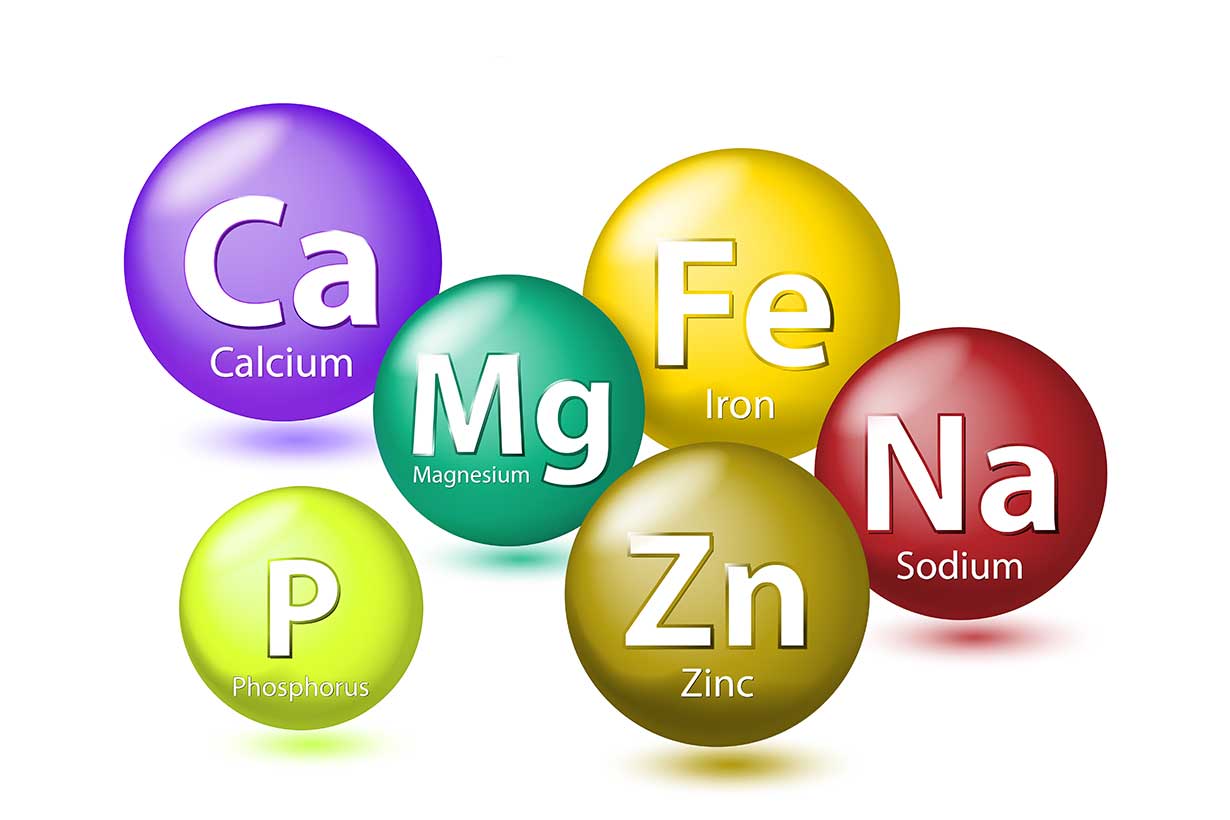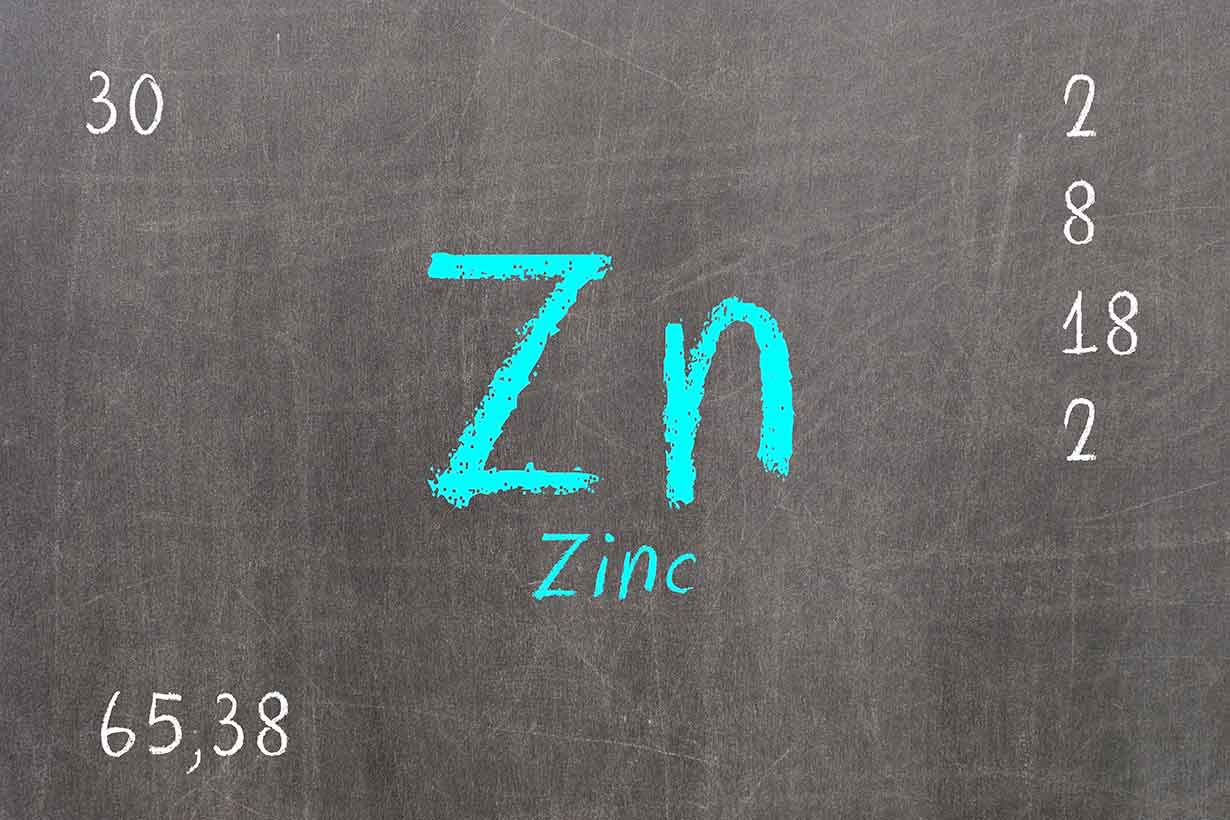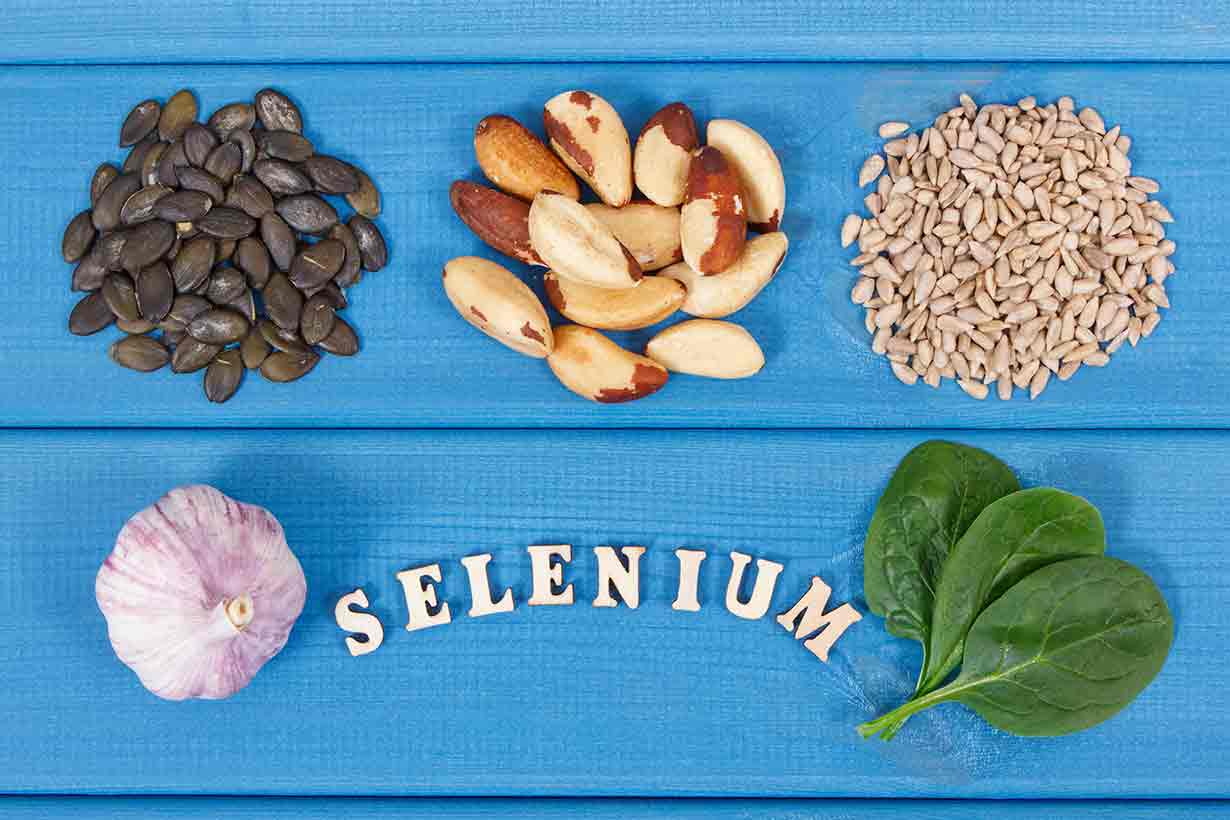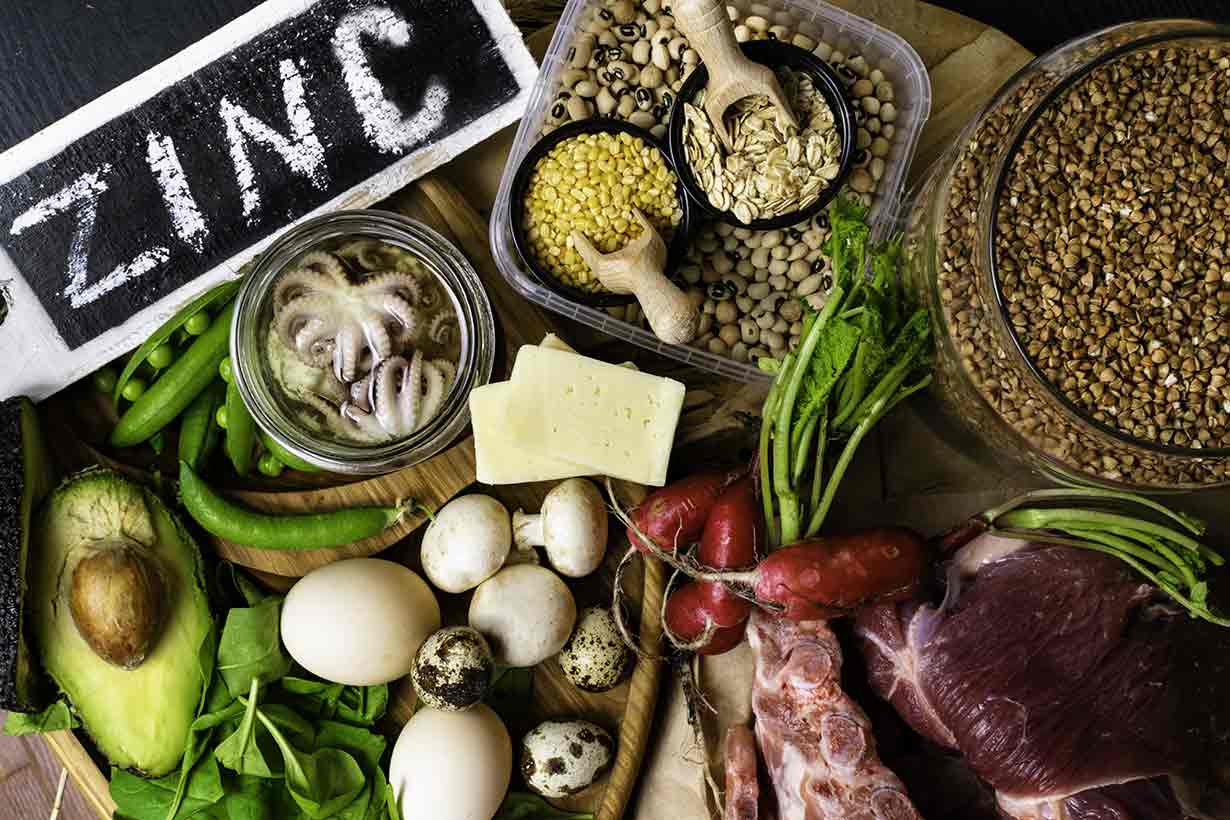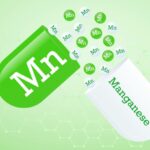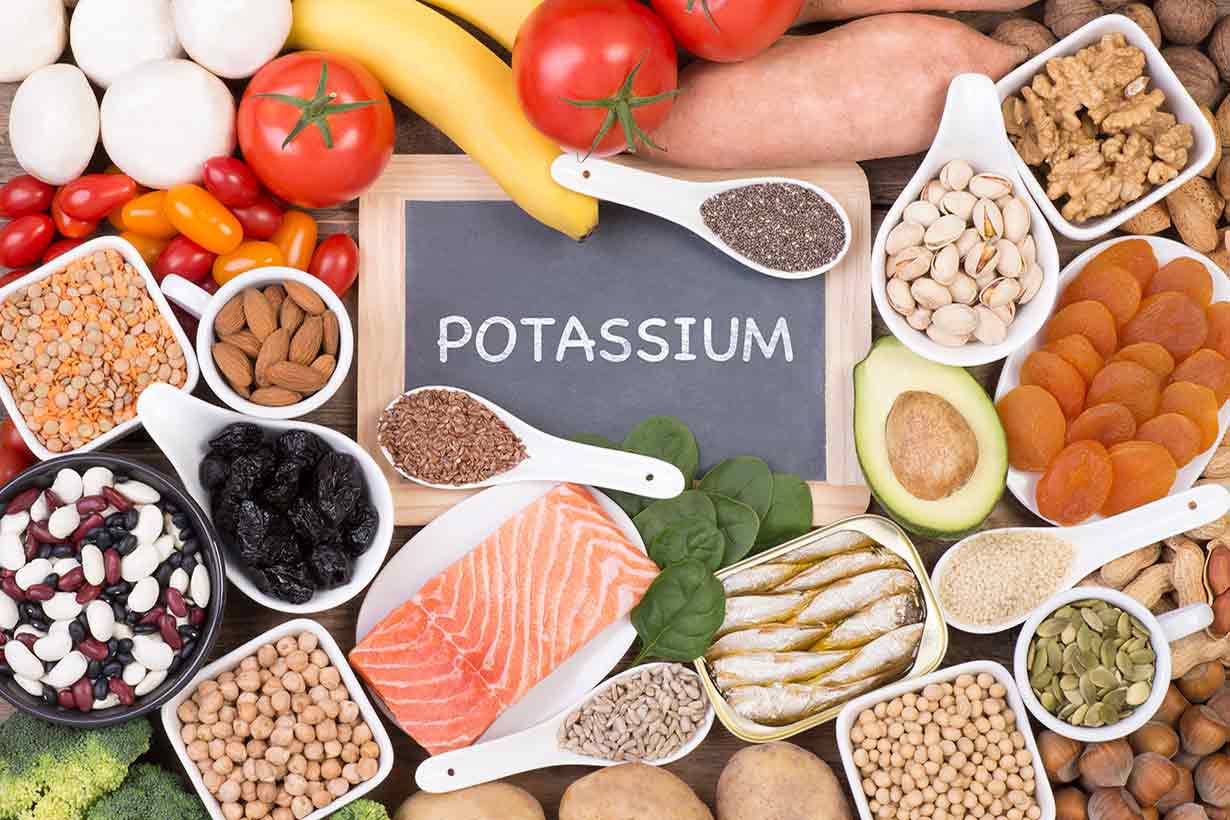Iron is an essential mineral that plays a crucial role in the production of blood, oxygen transportation, and overall growth and development.
The recommended daily value for iron, based on a 2000-calorie diet as set by the U.S. Food and Drug Administration, is 18 mg (1).
Iron is also one of the world’s most common nutrient deficiencies. For example, the National Health and Nutrition Examination Survey (NHANES) found that the rate of iron-deficiency anemia almost doubled in the United States between 2003 and 2012 (2).
The primary dietary sources of iron include meat, seafood, fortified foods, grains, and nuts.
This guide presents a list of 30 foods high in iron from a wide range of food groups.
All nutritional data is sourced from the USDA’s FoodData Central database.

1) Quick Oats (Quaker), Fortified With Iron
Foods enriched with iron can contain significant amounts of the mineral.
For example, iron-fortified dry ‘Quick Oats’ provide 19.8 mg of iron per half-cup (40-gram) serving. This is equal to 110% of the daily value (DV) for iron (3).
| Iron per 100 grams | Iron per half-cup (40g) serving |
|---|---|
| 49.4 mg (274% DV) | 19.8 mg (110% DV) |
2) Wheat Bran Flakes, Enriched (Ralston)
Ready-to-eat cereal products can be very high in iron when fortified.
In this case, Ralston Enriched Wheat Bran Flakes offer 28.2 mg of iron per 42-gram cup serving, equal to 157% of the daily value (4).
| Iron per 100 grams | Iron per 42g cup serving |
|---|---|
| 67.7 mg (376% DV) | 28.2 mg (157% DV) |
3) Liver, chicken, cooked
Besides being an excellent source of copper, liver is the most iron-rich meat product.
A three-ounce (85-gram) serving of cooked chicken liver contains about 55% of the daily value for iron (5).
| Iron per 100 grams | Iron per 3oz (85g) serving |
|---|---|
| 11.6 mg (64% DV) | 9.86 mg (55% DV) |
4) Soy flour, defatted
Soybeans and soy-based products are an excellent source of iron.
A 105-gram cup of defatted soy flour provides a significant amount of the mineral, equal to 51% of the daily value (6).
| Iron per 100 grams | Iron per 105g cup |
|---|---|
| 9.24 mg (51% DV) | 9.7 mg (54% DV) |
5) Cuttlefish, cooked
Cuttlefish is one of the most iron-rich animal-based foods. A three-ounce (85-gram) serving provides 51% of the recommended daily value (7).
| Iron per 100 grams | Iron per 3oz (85g) serving |
|---|---|
| 10.8 mg (60% DV) | 9.18 mg (51% DV) |
6) Soybeans, mature, cooked
Cooked soybeans offer an iron content of 8.84 mg per 172-gram cup serving, equivalent to 49% of the daily value (8).
| Iron per 100 grams | Iron per 172g cup |
|---|---|
| 5.14 mg (29% DV) | 8.84 mg (49% DV) |
7) Octopus, cooked
A three-ounce serving of cooked octopus contains 45% of the daily value for iron (9).
| Iron per 100 grams | Iron per 3oz (85g) serving |
|---|---|
| 9.54 mg (53% DV) | 8.11 mg (45% DV) |
8) Morel mushrooms, raw
Some mushrooms provide a good source of iron, and morel mushrooms offer the most concentrated serving.
Based on their raw weight, a 66-gram cup of morel mushrooms provides 45% of the daily value (10).
| Iron per 100 grams | Iron per 66g cup |
|---|---|
| 12.2 mg (68% DV) | 8.05 mg (45% DV) |
9) Oysters, cooked, Pacific
Oysters are another good seafood source of iron, with a three-ounce serving providing 43% of the daily value (11).
| Iron per 100 grams | Iron per 3oz (85g) serving |
|---|---|
| 9.2 mg (51% DV) | 7.82 mg (43% DV) |
10) Lentils, mature, cooked
Cooked lentils offer 37% of the daily value for iron per 198-gram cup serving (12).
| Iron per 100 grams | Iron per 198g cup |
|---|---|
| 3.33 mg (19% DV) | 6.59 mg (37% DV) |
11) Spinach, cooked
Spinach is an iron-rich vegetable, offering 36% of the daily value per 180-gram cup serving (13).
This popular green vegetable is also among the best sources of potassium.
| Iron per 100 grams | Iron per 180g cup |
|---|---|
| 3.57 mg (20% DV) | 6.43 mg (36% DV) |
12) Liverwurst
Since the primary ingredient of liverwurst is liver, it also contains significant levels of iron.
Each two-ounce serving of liverwurst provides 35% of the daily value (14).
| Iron per 100 grams | Iron per 2oz (56g) serving |
|---|---|
| 11.2 mg (62% DV) | 6.27 mg (35% DV) |
13) Liver, beef
While not as rich in iron as chicken liver, beef liver also provides a substantial amount of the mineral.
Each three-ounce serving of beef liver offers 31% of the daily value (15).
| Iron per 100 grams | Iron per 3oz (85g) serving |
|---|---|
| 6.54 mg (36% DV) | 5.56 mg (31% DV) |
14) Red kidney beans, mature, cooked
A cup serving of cooked red kidney beans provides 5.2 mg of iron, equivalent to 29% of the daily value (16).
| Iron per 100 grams | Iron per 177g cup |
|---|---|
| 2.94 mg (16% DV) | 5.2 mg (29% DV) |
15) Teff, cooked
Teff is an iron-rich grain; a 252-gram cup serving contributes 29% of the mineral’s daily value (17).
| Iron per 100 grams | Iron per 252g cup |
|---|---|
| 2.05 mg (11% DV) | 5.17 mg (29% DV) |
16) Amaranth, cooked
A 246-gram cup serving of cooked amaranth provides 5.17 mg of iron, equivalent to 29% of the daily value (18).
| Iron per 100 grams | Iron per 246g cup |
|---|---|
| 2.1 mg (12% DV) | 5.17 mg (29% DV) |
17) Lima beans, mature, cooked
Lima beans are another iron-rich legume, offering 25% of the daily value per 188-gram cup (19).
| Iron per 100 grams | Iron per 188g cup |
|---|---|
| 2.39 mg (13% DV) | 4.49 mg (25% DV) |
18) Navy Beans, mature, cooked
Navy beans deliver 24% of the daily value for iron per 182-gram cup serving (20).
| Iron per 100 grams | Iron per 182g cup |
|---|---|
| 2.36 mg (13% DV) | 4.3 mg (24% DV) |
19) Whelk, raw
Based on its raw weight, a three-ounce (85-gram) serving of whelk provides 4.28 mg of iron, equal to 24% of the daily value (21).
| Iron per 100 grams | Iron per 3oz (85g) serving |
|---|---|
| 5.03 mg (28% DV) | 4.28 mg (24% DV) |
20) Sesame seeds, toasted
Sesame seeds have a significant iron content, with just an ounce serving providing 23% of the daily value (22).
| Iron per 100 grams | Iron per oz (28.35g) serving |
|---|---|
| 14.8 mg (82% DV) | 4.2 mg (23% DV) |
21) Oats, dry
Based on their raw weight, oats provide 19% of the daily value for iron per 81-gram cup serving (23).
| Iron per 100 grams | Iron per 81g cup |
|---|---|
| 4.25 mg (24% DV) | 3.44 mg (19% DV) |
22) Tofu, firm, prepared with calcium
A half-cup (126-gram) serving of calcium-set firm tofu contains 3.35 mg of iron, which is 19% of the daily value (24).
| Iron per 100 grams | Iron per half-cup (126g) |
|---|---|
| 2.66 mg (15% DV) | 3.35 mg (19% DV) |
23) Wheat germ, toasted
Toasted wheat germ provides 14% of the daily value for iron per ounce (28.35-gram) serving (25).
| Iron per 100 grams | Iron per oz (28.35g) |
|---|---|
| 9.09 mg (51% DV) | 2.58 mg (14% DV) |
24) Fava beans, cooked
Fava beans, also known as broad beans, contain 2.55 mg of iron per 170-gram cup serving.
This is equal to 14% of the daily value (26).
| Iron per 100 grams | Iron per 170g cup |
|---|---|
| 1.5 mg (8% DV) | 2.55 mg (14% DV) |
25) Ground beef, 97% lean, cooked
Beef is a good source of iron, and leaner options, such as 97% lean ground beef, tend to provide the highest levels.
A three-ounce (85-gram) serving offers 14% of the daily value (27).
| Iron per 100 grams | Iron per 3oz (85g) serving |
|---|---|
| 2.88 mg (16% DV) | 2.45 mg (14% DV) |
26) Hemp seeds, hulled
Hemp seeds provide 13% of the daily value for iron per three-tablespoon (30-gram) serving (28).
| Iron per 100 grams | Iron per 3-tbsp (30g) |
|---|---|
| 7.95 mg (44% DV) | 2.38 mg (13% DV) |
27) Beef, inside skirt steak, cooked
Inside skirt steak is one of the more iron-rich cuts of beef.
Cooked skirt steak provides 13% of the daily value per three-ounce serving (85-gram) serving (29).
| Iron per 100 grams | Iron per 3oz (85g) serving |
|---|---|
| 2.77 mg (15% DV) | 2.35 mg (13% DV) |
28) Goji berries, dried
Dried goji berries offer a surprisingly high iron provision for a fruit. USDA data shows that a five-tablespoon (28-gram) serving supplies 11% of the mineral’s daily value (30).
| Iron per 100 grams | Iron per (5-tbsp) 28-gram serving |
|---|---|
| 6.8 mg (38% DV) | 1.9 mg (11% DV) |
29) Cashew nuts, raw
Cashew nuts are the most iron-rich nut, providing 11% of the daily value per ounce (28.35-gram) serving (31).
| Iron per 100 grams | Iron per oz (28.35g) serving |
|---|---|
| 6.68 mg (37% DV) | 1.89 mg (11% DV) |
30) Cocoa powder
Cocoa powder is one of the most iron-rich foods by weight. However, serving sizes tend to be relatively small.
Just a five-gram tablespoon serving of cocoa powder offers 4% of the daily value for iron (32).
| Iron per 100 grams | Iron per tbsp (5.4g) |
|---|---|
| 13.9 mg (77% DV) | 0.75 mg (4% DV) |
Which Are the Best Sources of Iron?
As shown in this article, there are numerous dietary sources of iron from a broad range of food groups.
Organ meats like liver and several seafood choices are particularly good sources of iron for those who eat them.
However, there is a wide variety of iron-rich foods, so it shouldn’t be overly complicated to get an adequate supply.
For more on minerals, see this guide to every essential mineral.

